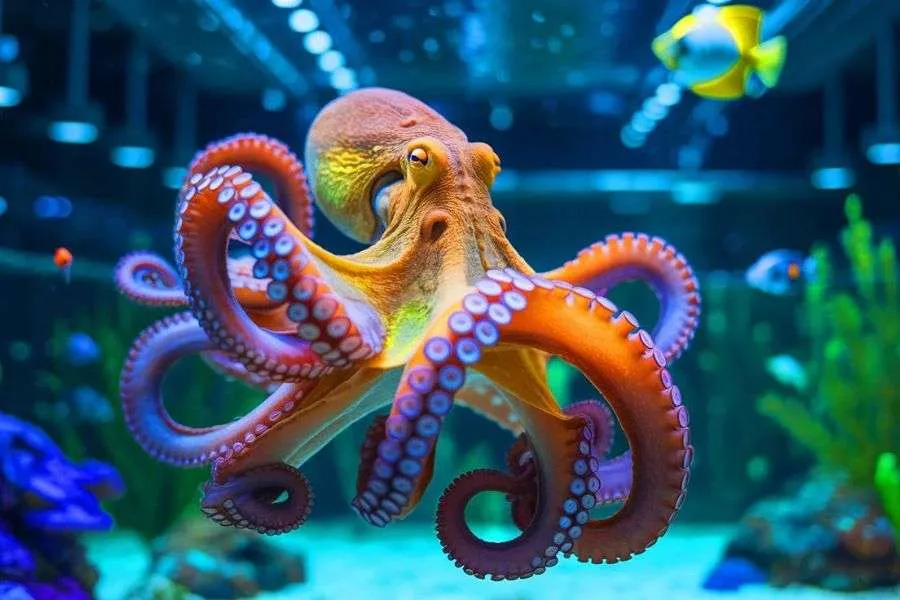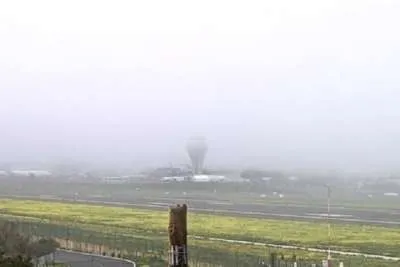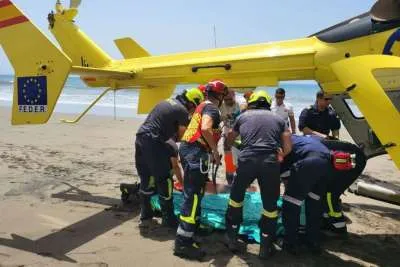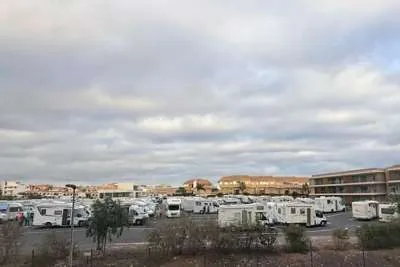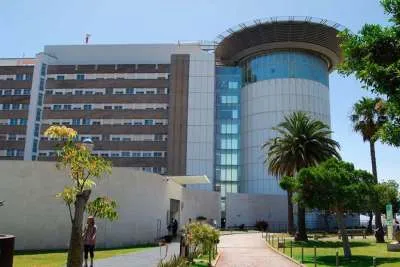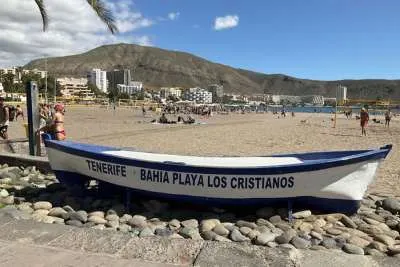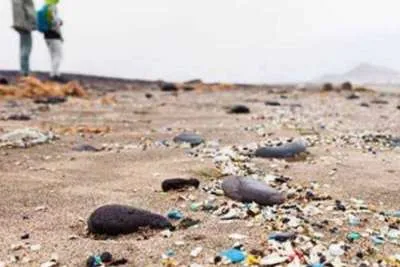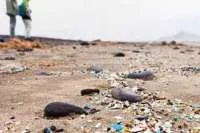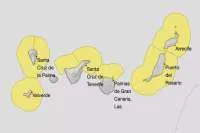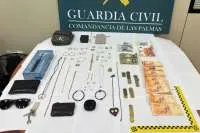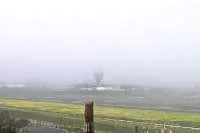Controversial octopus farm in Canary Islands could require 28,000 tonnes of fish a year
- 10-10-2025
- Gran Canaria
- Canarian Weekly
- Photo Credit: Sustainability times
Plans to build the world’s first commercial octopus farm in Gran Canaria are under growing scrutiny after a new report warned it could require up to 28,000 tonnes of wild fish a year to feed the animals. The warning comes from the international animal welfare group Compassion in World Farming (CIWF), which released its findings on 8th October (World Octopus Day).
The project is being developed by Nueva Pescanova and would be built at Puerto de Las Palmas. Despite rumours that the plan might be abandoned, the company says it is still moving forward with the environmental evaluation process.
The main idea behind the project is to create a controlled and profitable way to supply the growing global demand for octopus, which is increasingly difficult to meet through wild fishing alone.
Huge amount of fish needed
According to CIWF, feeding the farm’s planned one million octopuses in its first year would mean catching around 2.1 billion small fish, such as sardines, anchovies, herring, and mackerel.
If the project expands to 3.2 million octopuses a year, the amount of fish needed could triple to around 90,000 tonnes. Even with more efficient feeding methods, CIWF says the numbers remain extremely high.
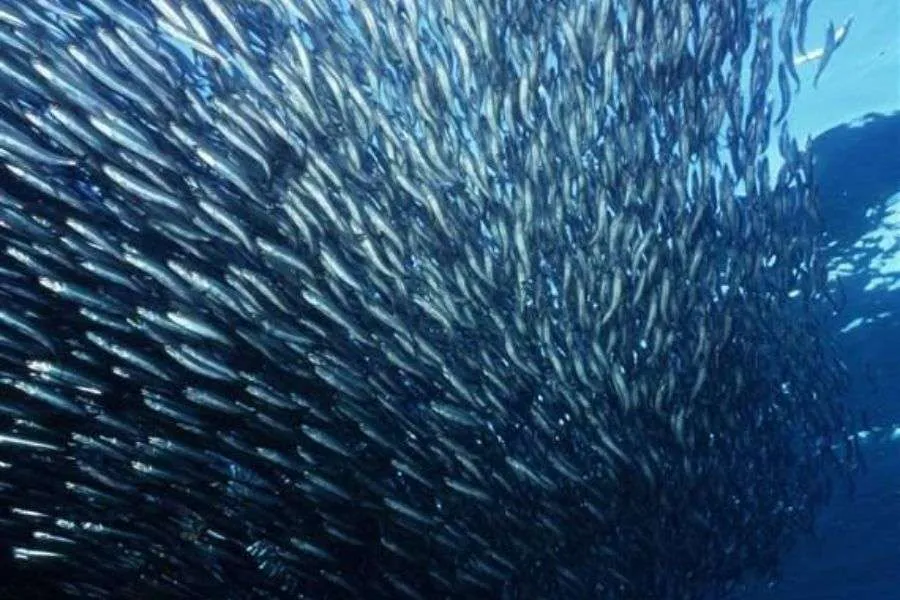
Ethical and environmental concerns
Octopus farming is controversial because these animals are known to be highly intelligent and sensitive, and experts warn that they do not adapt well to being kept in tanks.
“Octopuses are incredibly smart and sensitive. Farming them on a large scale would not only be cruel, but it would also harm the environment,” said Elena Lara, policy advisor for CIWF.
Campaigners argue the project would damage the Canary Islands’ sustainable image and increase pressure on already stressed fish stocks.
Project under review
The plans are still at the environmental review stage. A preliminary study has already flagged potential negative impacts, including bad smells affecting nearby passenger terminals and organic waste polluting the port waters.
Over the weekend, CIWF volunteers held awareness events in Las Palmas de Gran Canaria to inform residents and collect signatures against the farm. So far, no construction has begun.
Calls for a ban
CIWF is asking Spain to ban octopus farming altogether, saying it would protect marine ecosystems and wild fish stocks.
Several political parties, including Sumar, Esquerra Republicana de Catalunya, and Podemos, have already submitted a proposal to Parliament calling for restrictions. It is currently awaiting debate.
The future of the Gran Canaria octopus farm remains uncertain, but the controversy around it is clearly growing.
Other articles that may interest you...
Trending
Most Read Articles
Featured Videos
TributoFest: Michael Buble promo 14.02.2026
- 30-01-2026
TEAs 2025 Highlights
- 17-11-2025


